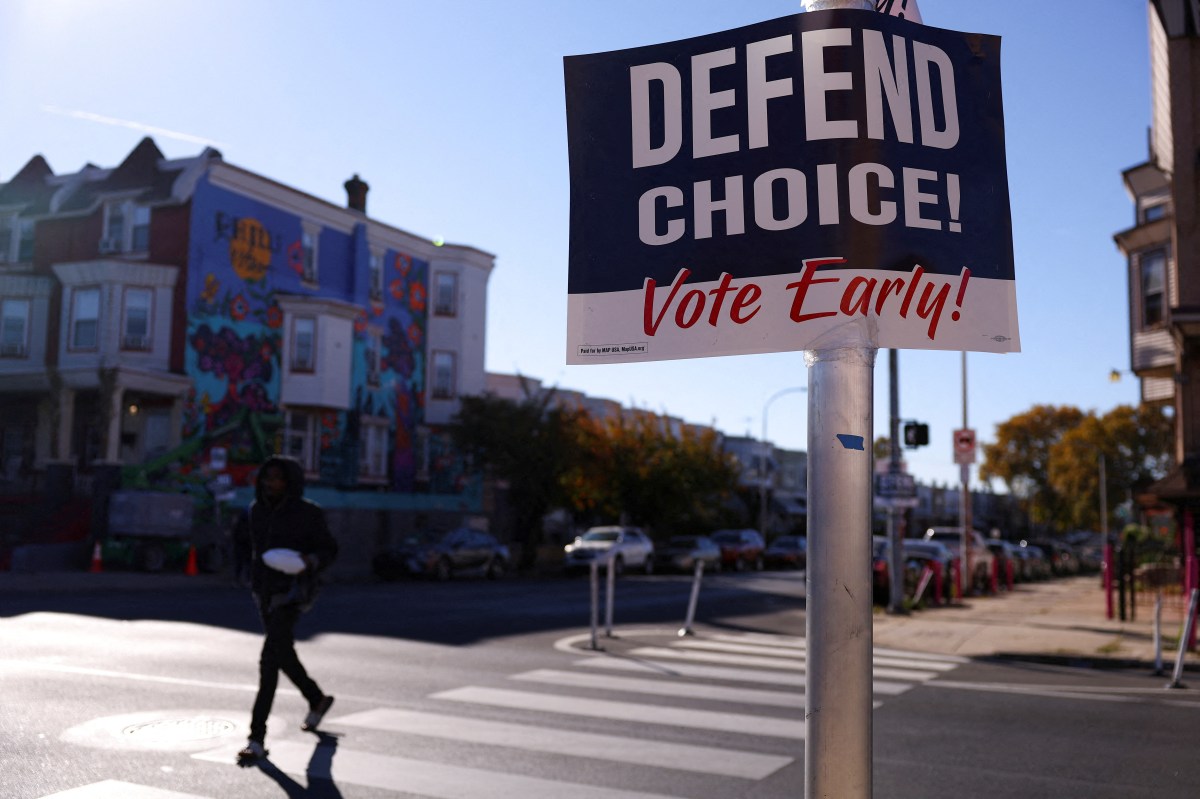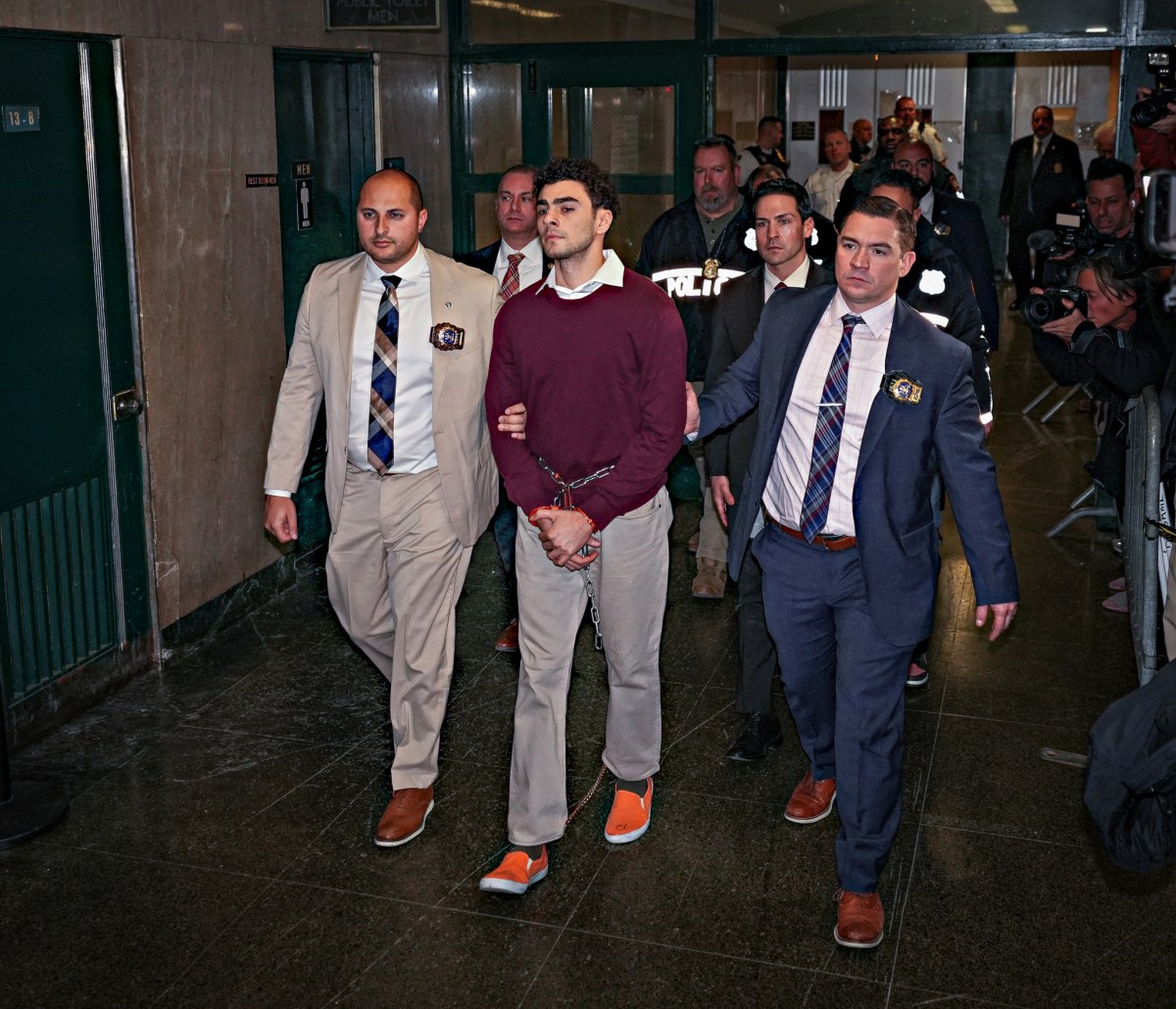SAN FRANCISCO (Reuters) – A federal appeals court on Wednesday declined to unseal a ruling that let Facebook avoid wiretapping a criminal suspect who was using one of the company’s encrypted services.
The three-judge panel of the 9th U.S. Circuit Court of Appeals rejected the request by American Civil Liberties Union, the Electronic Frontier Foundation and others that it direct a lower court judge to publish his ruling.
The civil liberties groups argued that although wiretap applications typically remain private, judicial opinions are almost always public. They said technology companies had a compelling interest in learning how far federal authorities could go in forcing them to spy on users.
Though almost all of the underlying matter remains out of view, Reuters reported in 2018 that it turned on whether the Wiretap Act, which requires phone companies to help police listen to calls, could be used to make Facebook break the end-to-end encryption that protects voice calls placed over Facebook Messenger.
Prosecutors had asked Facebook be held in contempt of court for refusing an order to facilitate the tap, but the judge in the case declined. He would not publish his opinion saying why, and the appeals court upheld that decision on Wednesday.
The U.S. Justice Department had sought to keep the opinion secret, arguing that some continuing criminal investigations could be hurt. https://www.reuters.com/article/us-encryption-rulings-facebook/u-s-appeals-court-asks-why-facebook-encryption-order-should-stay-sealed-idUSKCN22A354
The appeals court said it did not have to decide whether such documents would ordinarily be made public because of the stronger right to protect investigations.
“We decline to consider whether there is a separate common law right of access to the documents, because any presumption in favor of access would be outweighed by a compelling government interest in maintaining secrecy in an ongoing investigation.” the judges wrote. The opinion was officially “unpublished,” meaning it will not serve as a basis for orders in other cases going forward.
(Reporting by Joseph Menn; Editing by Tom Brown)


























